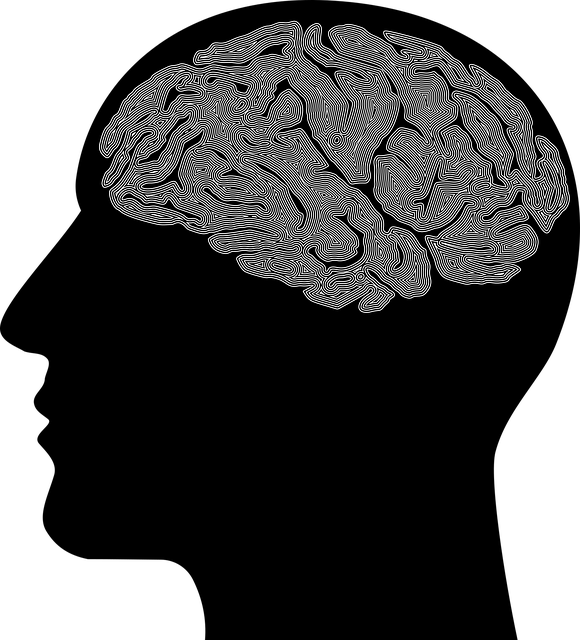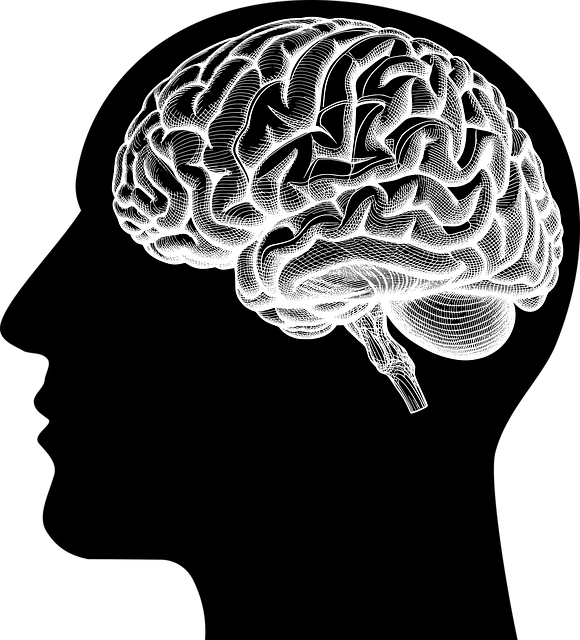Englewood Therapy provides a comprehensive crisis intervention approach for therapists and clinicians, leveraging evidence-based techniques such as Mind Over Matter, Social Skills Training, and Compassion Cultivation Practices. This holistic framework equips professionals to offer immediate support, stabilize clients, and build long-lasting adaptive skills. By integrating cultural sensitivity and personalized interventions, Englewood Therapy enhances connections with diverse clients, preventing burnout and improving risk management. Their dual focus on empathy and skilled techniques creates a safe space for open communication and promotes long-term mental wellness through tailored support.
In today’s fast-paced world, crisis intervention strategies are a cornerstone of mental health support. Effective crisis management is crucial for therapists-clinicians, enabling them to provide immediate and empathetic assistance. This article explores key components of crisis intervention, including the vital role of Englewood Therapy in equipping professionals with essential skills. We delve into practical strategies that enhance therapist-client interactions during crises, ensuring safe and supportive outcomes. Discover how Englewood Therapy methodologies empower therapists-clinicians to navigate challenging situations with empathy and expertise.
- Understanding Crisis Intervention: A Cornerstone of Mental Health Support
- The Role of Englewood Therapy in Providing Effective Crisis Interventions
- Practical Strategies for Therapists-Clinicians: Responding to Crises with Empathy and Skill
Understanding Crisis Intervention: A Cornerstone of Mental Health Support

Crisis intervention is a critical component of mental health support, offering immediate and targeted assistance during moments of severe distress or turmoil. It involves strategies designed to stabilize individuals, prevent escalation, and promote recovery. For therapists and clinicians, such as those at Englewood Therapy, understanding crisis intervention is essential for effectively assisting clients in navigating chaotic situations.
The core principles, like Mind Over Matter, emphasize the power of mental resilience and coping mechanisms. Social Skills Training and Compassion Cultivation Practices are also integral to this process, fostering healthier interactions and empathy, which can de-escalate crises. By employing these evidence-based methods, therapists enable clients to build adaptive skills, enhance emotional regulation, and develop long-lasting strategies for managing future challenges.
The Role of Englewood Therapy in Providing Effective Crisis Interventions

Englewood Therapy offers a unique and effective approach to crisis interventions, empowering therapists and clinicians with valuable tools to support individuals in distress. This therapeutic framework prioritizes a holistic understanding of clients’ experiences, encouraging therapists to explore underlying factors contributing to crises. By integrating evidence-based techniques and tailoring interventions to individual needs, Englewood Therapy ensures that healthcare providers are equipped to handle diverse client presentations.
In the context of Burnout Prevention Strategies for Healthcare Providers and Risk Management Planning for Mental Health Professionals, Englewood Therapy provides a structured yet adaptable framework. Its emphasis on Cultural Sensitivity in Mental Healthcare Practice further enhances therapists’ ability to connect with clients from various backgrounds, fostering safer and more effective crisis interventions.
Practical Strategies for Therapists-Clinicians: Responding to Crises with Empathy and Skill

In the heat of a crisis, therapists-clinicians must draw upon both empathy and skilled techniques to effectively respond. Englewood Therapy emphasizes the importance of active listening, where professionals give their full attention to the individual in distress, validating their emotions and experiences. This empathetic approach fosters trust and creates a safe space for open communication.
Furthermore, therapists should incorporate evidence-based strategies like Mental Wellness Coaching Programs Development, Mind Over Matter principles, and Conflict Resolution Techniques into their repertoire. These tools enable clinicians to guide clients towards healthier coping mechanisms, enhance resilience, and promote long-term mental wellness. By combining empathy with these practical techniques, therapists can confidently navigate challenging situations, providing effective support tailored to each individual’s needs.
Crisis intervention is a vital aspect of mental health support, and the strategies discussed in this article equip therapists-clinicians with essential tools. By understanding crisis intervention techniques, such as those provided by Englewood Therapy, professionals can offer effective empathy and skills during challenging situations. These practices ensure that individuals in need receive timely and quality care, fostering a positive impact on their well-being and recovery journey.














